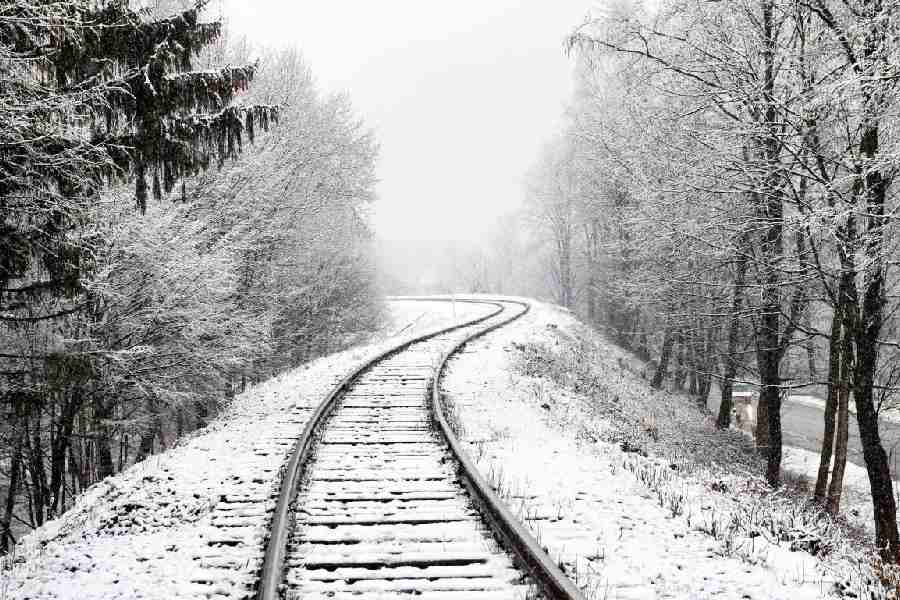Book: THE CAUTIOUS TRAVELLER'S GUIDE TO THE WASTELANDS
Author: Sarah Brooks
Published by: W&N
Price: Rs 699
There is something about a narrative that unfolds in an enclosed space. A limited space — spatial and narrative — can become menacing in its ability to impose restrictions on the characters’ actions: there is no escape. Sarah Brooks’s fascinating debut — an eco-romantasy novel — unfolds on a moving train in 1899 and achieves this menacing quality expertly. Travelling from Beijing to Moscow, the train’s journey is rife with phantasmagorical danger because stretched along the expanse are the Wastelands brimming with unknown horrors and deadly powers. There are those who voluntarily sign up and even pay a hefty price to board this mysterious train; yet others are forced on it by their circumstances. They form the First class and Third class travellers, respectively (there is no Second class).
A motley crew of characters adds an enriching thrill to this promising debut novel. Brooks is a master of detail; her rich descriptions of the train as well as her able attempts at elision to describe the indescribable horrors that haunt the Wastelands make the book immersive. But this attention to detail comes at the cost of its plodding pace. The pace may not appeal to all readers, especially in a work of fantasy fiction that teeters on the horror-mystery blend quite often.
The story, supported by a rich cast, revolves around three characters: Weiwei, a sixteen-year-old who was born on the train and has lived on it ever since; Marya, who boards the trans-Siberian express in an attempt to restore the reputation of her disgraced father whose fate is tied to the train; and Henry Grey, a failed naturalist. Each of these characters has his/her own motivation to be on this train and Brooks manages to capture their conscience well.
One might argue, however, that the real protagonists of the novel are the Wastelands themselves. It is rumoured that a passenger who even looks too long into the wilderness outside the special glass windows might lose his/her sanity. Against this powerful enemy, the train too has its coping mechanisms. It has a fascinating life of its own to counter the lives in the Wastelands. In this context, Brooks’s novel raises questions about the validity of progress and science. Is the exoticised journey of the train that people pay a high price for a contest with the natural order of things? Are the Wastelands not supposed to be disturbed? Is the literal penetration of the railway lines into this uncharted territory a gross interference? Are there limits to the knowledge that humans can process, and does the greed to expand this knowledge justify our brutalities? Brooks’s imagined world thus raises intriguing questions about our own.
It may take its time to develop but in its scope, this novel bends genres and widens our understanding of the real issues threatening our world today. For those of us who liked Snowpiercer, this novel would be a certain delight.











